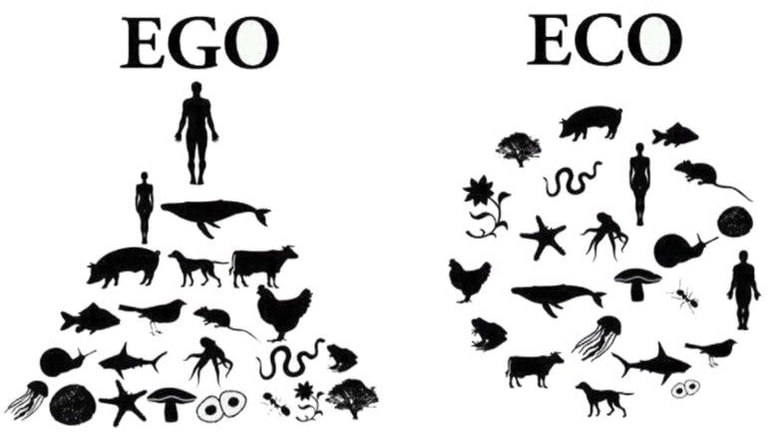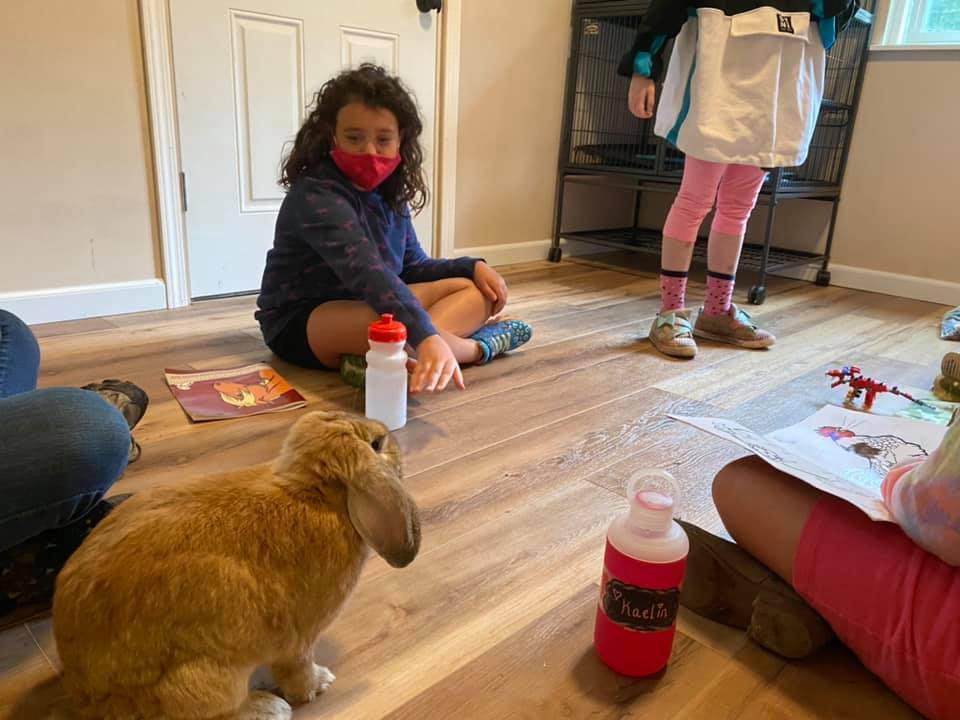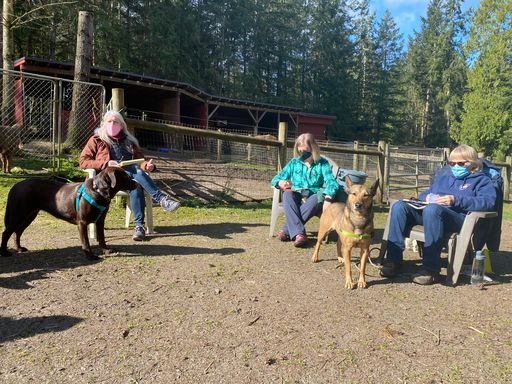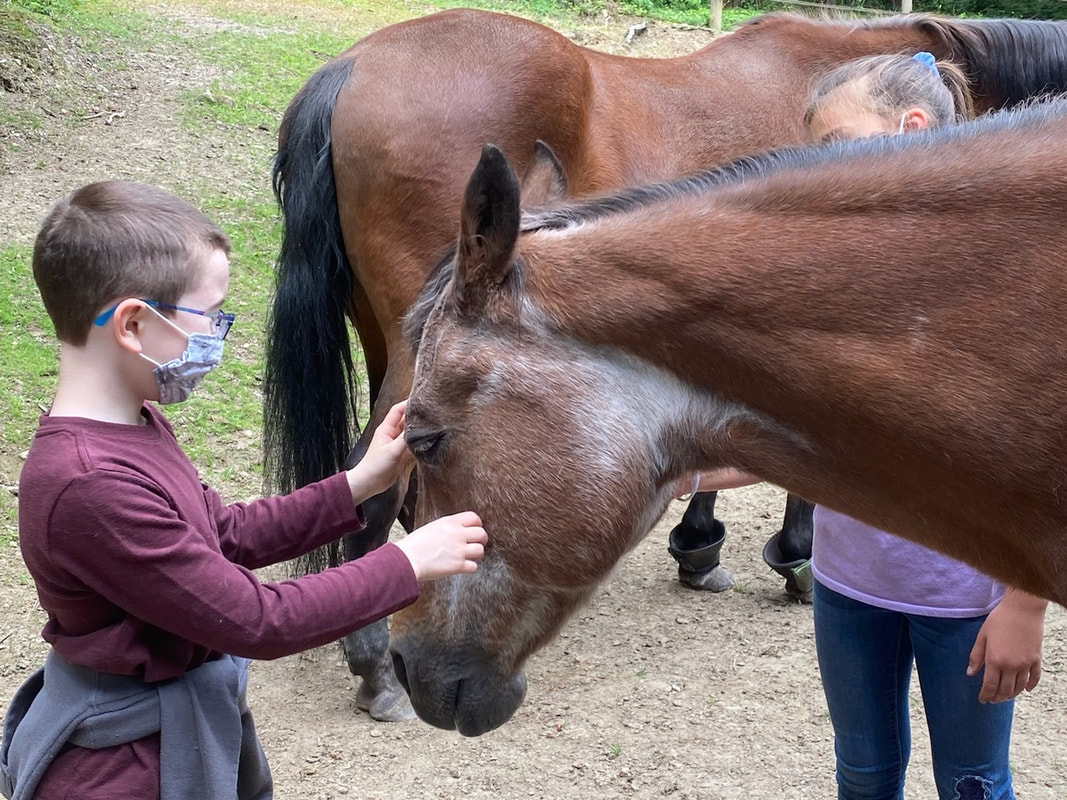2022 Data Impact Story
- Our current sanctuary animal count is 75 and all but our newest addition, super senior sheep Louise, like to participate in client activities.
- We served 220 individual clients and 900 students at school and/or at the sanctuary
- Our clinical team provided 2800 hours of client care
What clients were seeking support for:
- 46% of clients sought services for anxiety
- 9% each for depression, Neurodiversity such as ADHD or Autism, or to get help for their family
- 5% of clients sought services for challenges related to being LGBTQ
Ages of the clients we served
- 46% of our clients are age 13-54
- 32% are 6 - 12 years old
- 14% are parents with one or more of their children also getting support
Client satisfaction with their provider's knowledge about their problem rated between "great deal, good deal, moderate amount, not adequate"
- 82% of our clients felt their provider had a "great deal of knowledge about their concerns"
- 16% felt their provider had a "good deal of knowledge"
- 2% felt their provider had a moderate amount of knowledge
Due to covid and weather clients moved between service modalities during the year
- 61% of our clients participated in animal-assisted mental health services
- 35% participated partially or totally in tele-mental health
- 50% participated in standard mental health services at the sanctuary without animal interaction
Pandemic influence on mental health
- 3% of our clients reported experiencing anxiety or depression for the first time in their lives
- 64% reported an increase in their anxiety
- 60% reported an increase in their depression
Helping individuals and families in need
- 32% of our clients are low or low middle income
- 60% are working middle class
- 8% of our clients are currently, or are at risk of becoming, homeless
- 26% lost their job or have had their hours reduced
Stats on our student clients
- 27% of our student clients have an individual education plan (IEP)
- 21% have a 504 plan
- 11% of our student clients have an intellectual or developmental disability impacting their mental health and don't have either
We have been fortunate to find grant funding to support the mental health services we provide in our community. We are making a difference in the lives of children, teens, adults, and families by providing services in the schools, here at the sanctuary, and through telemental health. We have expanded our ability to provide low-cost mental health, animal assisted mental health, and experiential learning programs as a result of our grant partnerships. However, the cost of doing business as an animal sanctuary providing nature and animal-assisted therapeutic services have skyrocketed since 2019 and continue to increase year after year. The demand for our novel approach to healing and growth has also increased dramatically year after year. There is a demonstrated need for the service we provide to animals and people, and we still need your partnership more than ever to continue meeting the need that exists.
AS YOU ARE MAKING PLANS FOR YOUR YEAR-END TAX-DEDUCTIBLE GIVING,
PLEASE CONSIDER ONE HEART WILD.
One Heart Wild Education Sanctuary is a trauma-informed nonprofit organization offering individual, group, and family, mental health counseling, and animal/equine-assisted therapy. OHW also offers contract services to community organizations and schools. Many of our programs are grounded in the four pillars of humane education: human rights and well-being, animal protection and welfare, environmental stewardship, and cultural issues that affect an individual's emotional and psychological health and resilience.
Non-Discrimination Policy: One Heart Wild Education Sanctuary does not discriminate on the basis of race, color, religious beliefs, sex, marital status, sexual orientation, gender identity or expression, national or ethnic origin, disability, veteran status, neurodiversity, or age.
TRANS-SPECIES PSYCHOLOGY
NATURE-INSPIRED HEALING
A foundational element of our work at One Heart Wild Education Sanctuary and the ROOTS Institute involves the scientific discipline of trans-species psychology. This discipline integrates the fields of psychology, neuroscience, ecology, and ethology, for the purpose of creating a deeper understanding of the nature of psycho-social behavioral health in human and non-human animals, and the astonishing results obtained in inter-species therapies.
While many facilities and training programs exist around the world, we believe the facilitators at our ROOTS Institute represent the next generation in human-nonhuman animal interaction professionals. Here, horses (and other social animals) are not merely used as treatment tools, they are respected as partners with equal concern given to their own growth and healing. In addition to the obvious ethical advantages of this approach, we find it profoundly improves the quality of therapy experiences and results.
While many facilities and training programs exist around the world, we believe the facilitators at our ROOTS Institute represent the next generation in human-nonhuman animal interaction professionals. Here, horses (and other social animals) are not merely used as treatment tools, they are respected as partners with equal concern given to their own growth and healing. In addition to the obvious ethical advantages of this approach, we find it profoundly improves the quality of therapy experiences and results.
The ROOTS Institute at One Heart Wild provides training and certification in next-generation Equine Experiential Learning Facilitation, as well as Inter-species Equine Welfare Advocacy. The institute also offers a variety of continuing-education courses, as well as stand-alone, personal and professional development courses in trans-species psychology theory, animal ethics, collaborative horsemanship skills, personal Equine Experiential Learning, and social animal relational behavior.
As a 501(c)(3) nonprofit organization, One Heart Wild Santuary is supported through client fees and tax-deductible contributions from individuals and organizations wishing to support mental health and well-being, animal welfare, and the promotion of humane treatment of all animals.
The trauma-informed principles developed by the federal Substance Abuse and Mental Health Services Administration (SAMHSA) are fundamental to our work at OHW: Safety; Cultural, Historical and Gender Issues; Trustworthiness and Transparency; Collaboration and Mutuality, Empowerment, Voice and Choice; and Peer Support.
As a 501(c)(3) nonprofit organization, One Heart Wild Santuary is supported through client fees and tax-deductible contributions from individuals and organizations wishing to support mental health and well-being, animal welfare, and the promotion of humane treatment of all animals.
The trauma-informed principles developed by the federal Substance Abuse and Mental Health Services Administration (SAMHSA) are fundamental to our work at OHW: Safety; Cultural, Historical and Gender Issues; Trustworthiness and Transparency; Collaboration and Mutuality, Empowerment, Voice and Choice; and Peer Support.




